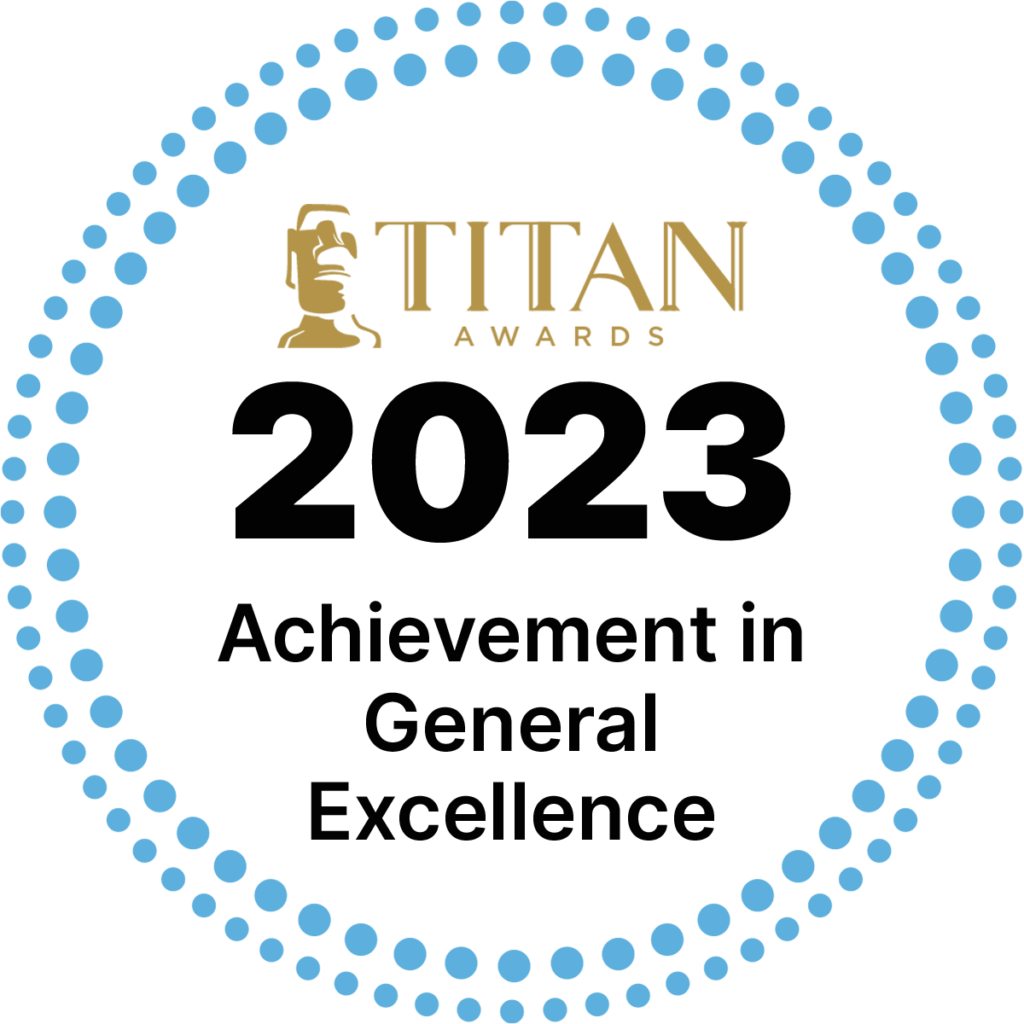Published: August 7, 2023

Ethical conduct should always be top-of-mind as you embark on any competitive intelligence research endeavor. In the business landscape, gathering information about your rivals is an essential part of staying ahead. Doing so responsibly and ethically will enable you to achieve these five objectives:
1. Maintain your organization’s credibility and reputation. As you collect data and information about your competitors, it’s crucial to ensure that you obtain it through legal and ethical means. Unethical practices such as hacking, stealing proprietary information, or using deceptive techniques not only can damage your reputation but also lead to adverse legal consequences. By conducting your research ethically, you can build trust with your stakeholders, including customers, investors, and partners, which is crucial for long-term success.
2. Preserve fair competition in the business world. Competitive intelligence research is meant to gather publicly available information about your competitors, such as their marketing strategies, product offerings, and financial performance. Crossing the line by engaging in unethical practices can create an unfair advantage and undermine the principles of fair competition. It’s important to adhere to legal and ethical guidelines to ensure that all businesses have a level playing field and can compete based on their merits rather than through unethical means.
3. Promote professionalism and integrity within your organization. As a researcher, you represent your company, and your actions reflect its values and principles. Engaging in unethical practices can have a detrimental impact on your organization’s culture and can erode the trust of your employees, partners, and stakeholders. On the other hand, upholding ethical standards in your research promotes a positive work environment and fosters a culture of integrity and accountability.
4. Avoid negative legal and financial consequences. As you collect information, be mindful of privacy laws and regulations, and respect the confidentiality of any information obtained through legitimate means. Sharing or using confidential information without proper authorization can have serious legal implications and can result in severe consequences for your organization, including reputational damage, lawsuits, and financial penalties. Always handle sensitive information with care and follow appropriate protocols to protect the privacy and confidentiality of the information you collect.
5. Promote responsible decision-making. It’s essential to evaluate the potential impact of your research on competitors, employees, customers, and the broader industry. Consider the potential consequences of your actions. Ensure that your research does not cause harm or disrupt the operations of other businesses. Ethical decision-making in CI research involves making informed choices that align with your organization’s values and principles.
Why it Matters
Ethical conduct is of paramount importance in competitive intelligence research. Upholding ethical standards not only helps maintain your personal and organizational credibility and reputation, but it also promotes fair competition, fosters professionalism and integrity within your organization, respects privacy and confidentiality, and promotes responsible decision-making. As you undertake CI engagements, always conduct your research ethically and ensure that your actions align with your organization’s values and principles. By doing so, you can build a solid foundation for success and contribute to a responsible and ethical business environment.














